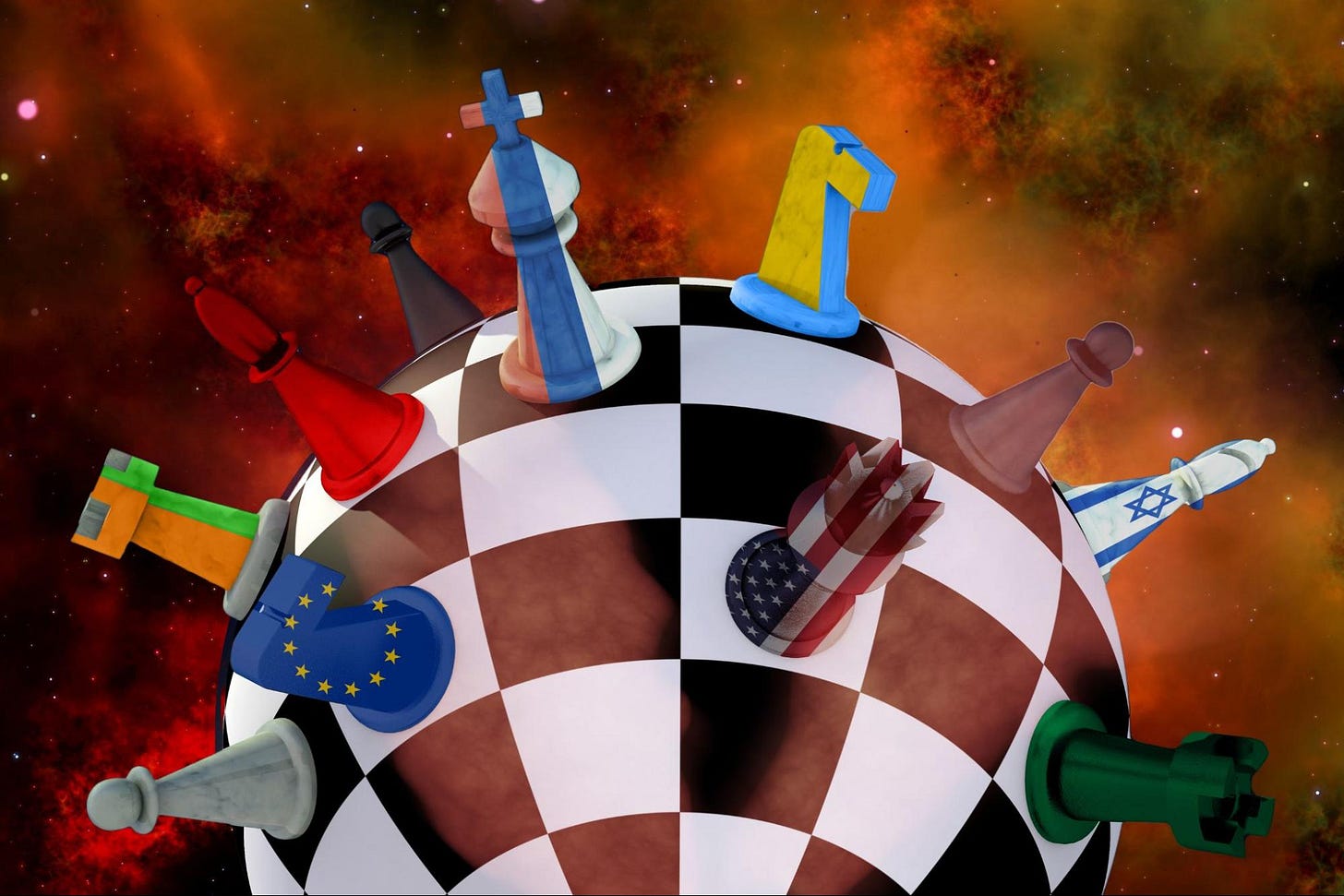The Global Chessboard: Unraveling the Nexus Between Russia, China, and Western Globalists
In the ever-evolving geopolitical landscape, the recent events in Niger and the subsequent reactions from global powerhouses have raised eyebrows and prompted deeper analysis. The Russia-Ukraine conflict, once perceived as an isolated event, now seems to be a mere precursor to a larger, more intricate global war.
The Niger Uprising and its Implications
Th…




